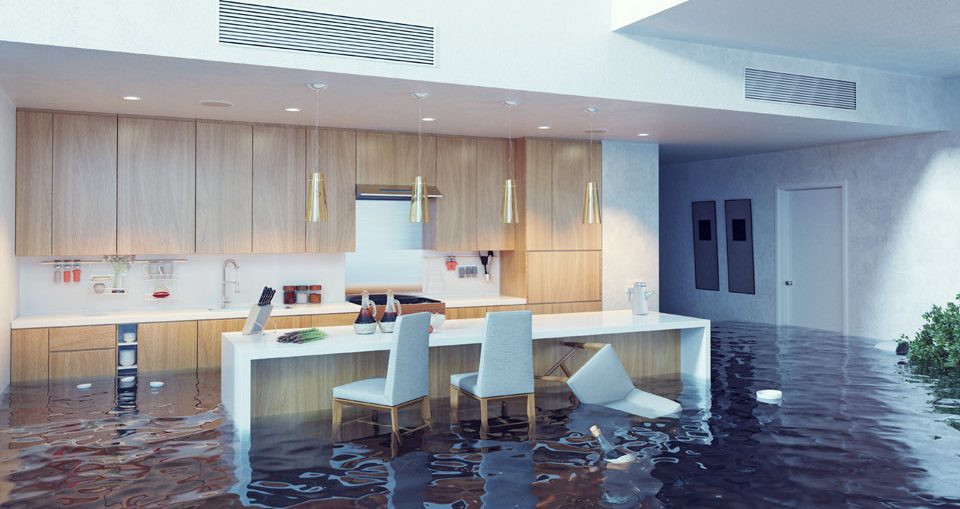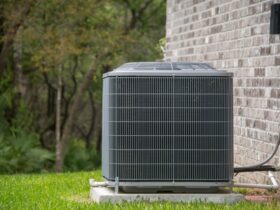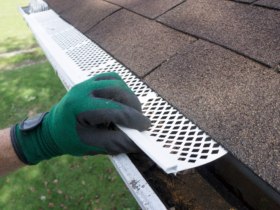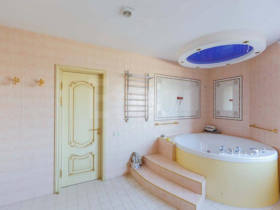If you are fortunate enough to have a swimming pool at home, your maintenance routine will keep it inviting, ready for use, sparkling, and refreshing daily. Preventive maintenance measures might go a long way to reduce the life cycle costs of your pool.
Routine maintenance for your above or in-ground swimming pool may also reduce the importance of making emergency runs for chemicals and other additives. This routine maintenance may involve the following tips:
1. Make a Scrubbing and Skimming Part of Life
Skimming the debris and leaves off the surface is a no-brainer. For a pristine swimming pool, you should do skimming daily. If you have some cash to spend, consider purchasing robot vacuums, which can clean the bottom of your pool.
Luckily, you don’t have to do this quite often. You might get away with scrubbing once a week. Look for growths and use a scrubbing brush to keep the siding of the pool clean and fresh.
2. Shock the Pool
Shocking your pool is one way to get rid of organics in the water, kill algae, and ensure the water stays clear. Shocking a swimming pool encompasses adding an amount of chlorine in the water so as to fight organic contaminants like nitrogen and ammonia, which build up. If you consider this method, ensure you do it safely because chlorine is a chemical.
3. Use a Natural Treatment
The idea of a relaxing dip in a swimming pool becomes less appealing, especially when you think of the chemicals in the water. Plus, these chemicals are costly and might result in eye and skin irritations to swimmers.
Fortunately, you can use alternatives for natural pool treatment to keep your pool sanitary and clean. Some of these alternatives may include:
- Baking soda
- Pool enzyme treatment concentrate
- Hydrogen peroxide
- Saltwater
- Plants
4. Clean the Filters
Although you might not want to clean the filters regularly as you would when checking the chemicals, it is vital to ensure your swimming pool looks great.
Based on your swimming pool and weather conditions, you might need to ensure you clean your filters after every three or six months. You should also check the filters after bad weather, heavy rain, and heavy storm.
5. Maintain the Circulation of Water
The best way to make sure your swimming pool remains healthy and clean is to keep the water circulating for eight hours every day. This will reduce the likelihood of bacteria and algae growth that may negatively affect water chemistry while promoting chlorine dispersion.
An increased water circulation can also improve the likelihood of trapping contaminants and limit the existence of still water.
The Bottom Line!
Every summer, swimming pool owners start thinking of opening for the season. They all think of poolside parties, lounging by the water, soaking up the sun, and a great lap-swimming workout.
Most of the time, pool maintenance is neglected, and an afterthought until the walls change green or filters get clogged with debris. However, waiting until issues arise may cost a lot of money and time than establishing a great maintenance routine through these tips.




























Leave a Reply